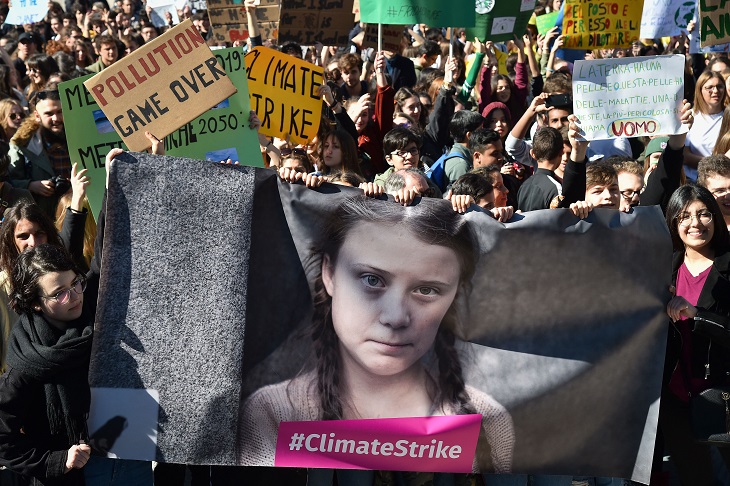A federal parliamentary report tabled last week highlights an issue which has been quietly eroding business confidence for many operators who dare to make an honest living engaging in services to the coal mining and live export sectors of our economy.
Apart from the many other issues our business owners have had to deal with, in Central and North Queensland and in Newcastle, they’re being told by their insurers and their banks who they can and can’t do business with.
One operator based in Mackay had their insurer stipulate that they could not derive more than 40 per cent of their revenue from thermal coal mining clients. This operator has also seen his professional indemnity insurance premiums jump by 300 per cent over four years.
It highlights what I refer to in the report Prudential Regulation of Investment in Australia’s Export Industries as the ‘thinly veiled corporate wokery masquerading as environmental, social and governance issues’.
It also demonstrates the breathtaking ignorance and over-reach of financial decision makers who dictate from afar, and misguided activists who pursue those who have any connection to coal with missionary zeal.
This year, the Parliament’s Joint Standing Committee on Trade and Investment Growth has sought submissions and conducted hearings to delve into this issue and we’ve heard from more than 70 business owners, financial institutions, regulators, advisory, and climate action groups.
The region I come from, surrounded by the local government areas of Mackay, Isaac, and the Whitsundays has a population of about 170,000 people. The Queensland Resources Council estimates that 97,000 full-time jobs are supported by the resources sector, both directly and indirectly.
Our business community is smart, tough, and greatly under-estimated. They battle with all kinds of challenges from extreme weather events, activist attacks, supply chain issues, and Covid restrictions.
The thing that now has a number of them buckling at the knees is that of being denied fair access to insurance and finance.
If you want to talk power imbalances, consider that which exists when a small business owner sits down with a representative of a large bank or insurance company (if indeed they can even get a meeting).
Big finance has the money and the power; small business comes cap in hand seeking assistance. The Banking Royal Commission provided ample evidence of the little guys being walked over on far too many occasions.
The weapon now being deployed against the little guys is big finance’s definition of risk, particularly the ill-defined ‘climate risk’. This is used to threaten profitable and law-abiding businesses with a loss of services.
The basis for determining that risk bells the cat on what’s going on here.
Banks and insurers are targeted by activists and quake at negative media coverage.
They bow down to a noisy minority of shareholder activists.
They get unclear directions from regulators such as APRA and ASIC, and they fall under the influence of international investors such as BlackRock – who use their sizeable capital to shift our financiers away from certain export industries.
The Trade and Investment Growth committee’s report makes 13 recommendations to Government, but the most important is that we must accept the notion that finance and insurance are essential services for business.
I don’t think anyone could argue with that.
What must clearly follow is that action must be taken to ensure that all legitimate businesses in this nation have access to those essential services.
Got something to add? Join the discussion and comment below.
Get 10 issues for just $10
Subscribe to The Spectator Australia today for the next 10 magazine issues, plus full online access, for just $10.

























Comments
Don't miss out
Join the conversation with other Spectator Australia readers. Subscribe to leave a comment.
SUBSCRIBEAlready a subscriber? Log in